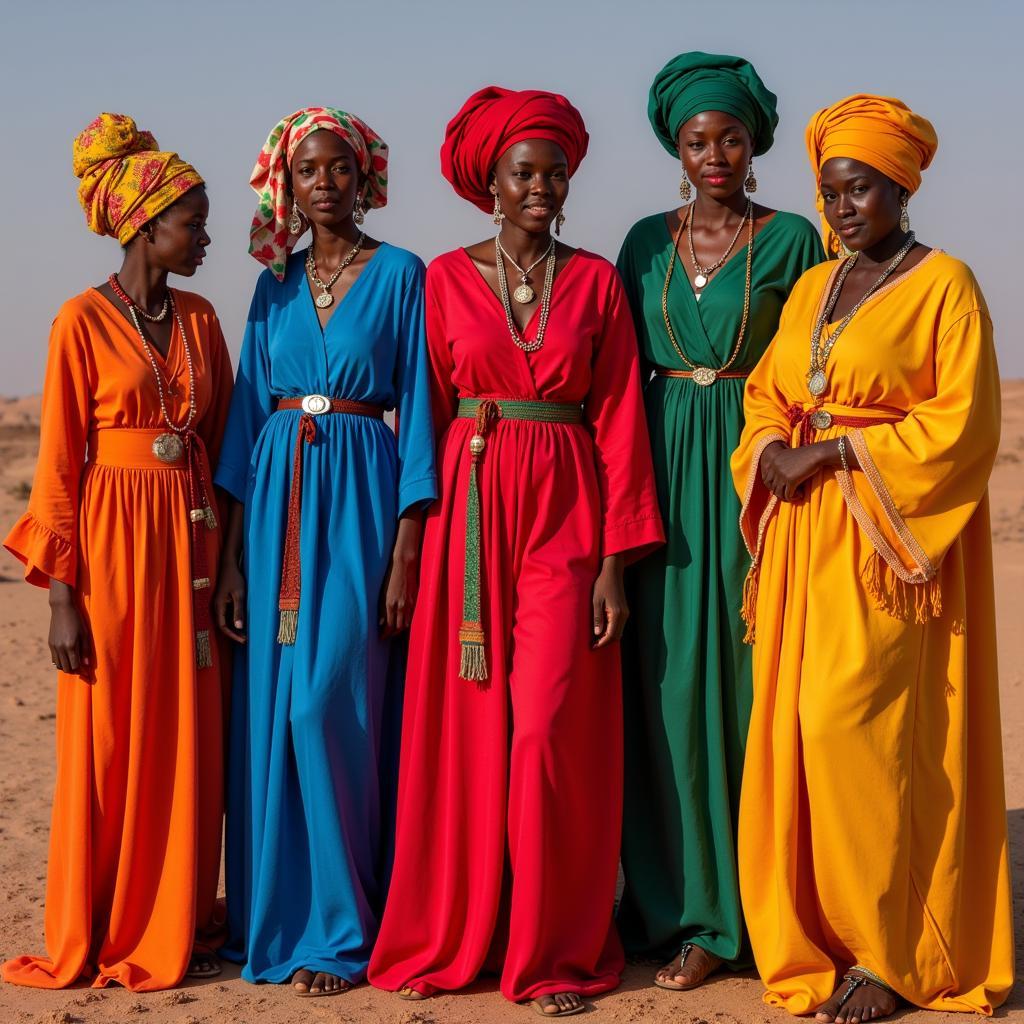African Grey Parrot Talking Funny: A Guide to Understanding These Amazing Birds
African grey parrots are known for their intelligence and ability to mimic human speech, and their talking abilities can be both entertaining and impressive. These birds are highly social and require a lot of interaction and enrichment, and with proper care, they can live for decades.
What Makes African Grey Parrots So Funny?
African grey parrots are known for their ability to mimic human speech and even sound effects. They can learn to say words, phrases, and even entire sentences, often in the context of specific situations. They are also known for their playful personalities and tendency to get into mischief, making them endlessly entertaining companions.
Here are a few reasons why African grey parrots can be so funny:
- They can understand the meaning of words: While they can’t truly “talk,” African greys are capable of understanding the meaning of certain words and phrases. This means they can use their learned vocabulary to respond to situations appropriately, even if they are just mimicking sounds they have heard before.
- They are highly intelligent: African grey parrots are highly intelligent birds, and their ability to problem solve and reason is impressive. This intelligence allows them to understand and learn new information quickly, including mimicking human language.
- They have a playful nature: African grey parrots are naturally playful birds, and they often use their ability to mimic to entertain themselves and their owners. Their antics and silly noises can be very amusing, especially when they are trying to get attention or express their mood.
What Makes Their Talking Abilities So Remarkable?
African grey parrots have a complex vocal apparatus that allows them to mimic human speech and other sounds with impressive accuracy. Their vocal chords are similar to those of humans, and they can produce a wide range of sounds, including different tones, pitches, and inflections.
However, it’s not just their vocal abilities that make them such impressive talkers. Here’s what makes African grey parrots stand out in the world of talking birds:
- They can learn large vocabularies: African greys have a remarkable ability to learn new words and phrases. Some parrots have even been reported to have vocabularies of hundreds of words!
- They can use their vocabulary in context: African greys are not simply mimicking sounds. They can actually understand the meaning of words and use them in different situations. For example, they might ask for a specific toy or say “hello” to a visitor.
- They can even learn to sing: Some African grey parrots can even learn to sing songs and melodies. This adds another level of complexity and entertainment to their talking abilities.
The Importance of Socialization and Enrichment
African grey parrots are highly social creatures and need a lot of interaction with their owners. They need to be part of a family and be given plenty of attention, stimulation, and enrichment.
Here are a few ways to keep your African grey parrot happy and stimulated:
- Spend quality time with them: Talk to your parrot, play with them, and provide them with opportunities to interact with you. This could include playing games, offering them toys, or simply having them sit on your shoulder while you go about your day.
- Provide them with a variety of toys: African grey parrots love to explore and play. Offer them a variety of toys to keep them engaged and challenged. This could include puzzle toys, foraging toys, and toys that encourage them to use their beaks and feet.
- Create a stimulating environment: Provide your African grey parrot with a spacious cage that is well-equipped with perches, toys, and climbing opportunities. You can also consider adding a play area outside of their cage to give them even more room to move around.
Tips for Training Your African Grey Parrot
With proper care and training, your African grey parrot can learn to talk, play games, and perform tricks. Here are a few tips for successful training:
- Be patient and consistent: Training an African grey parrot takes time and effort. Be patient and consistent with your training sessions, and don’t give up if they don’t pick things up immediately.
- Use positive reinforcement: When your African grey parrot does something right, reward them with praise, a treat, or a favorite toy. This will help them associate good behavior with positive outcomes.
- Keep training sessions short and fun: African grey parrots have short attention spans. Keep your training sessions short and fun, and make sure your parrot is enjoying themselves.
- Make sure your parrot is motivated: Before you start training, make sure your parrot is well-rested, fed, and in a good mood. They will be more likely to learn if they are happy and relaxed.
The Importance of a Balanced Diet
Feeding your African grey parrot a balanced diet is essential for their health and well-being. Here are the main components of a healthy diet:
- Pellet food: Pellet food provides a complete and balanced diet for African grey parrots. Look for a high-quality brand that is formulated specifically for African greys.
- Fresh fruits and vegetables: Offer a variety of fresh fruits and vegetables daily. Some good options include apples, bananas, berries, broccoli, carrots, and spinach.
- Seeds and nuts: Seeds and nuts should be offered in moderation as treats. They are high in calories and fat, so it’s important to limit their intake.
- Cooked beans and lentils: Cooked beans and lentils can provide a source of protein for your parrot.
- Occasional treats: You can offer your African grey parrot occasional treats, such as cooked pasta, rice, or a small piece of cooked chicken or fish.
Conclusion
African grey parrots are truly remarkable birds with impressive talking abilities, playful personalities, and a high level of intelligence. These birds make wonderful companions for experienced bird owners who are willing to invest time and effort in providing them with proper care and enrichment.
FAQ
Q: Are all African grey parrots good talkers?
A: While African grey parrots are known for their talking abilities, not all of them will talk with the same fluency. Some may learn a few words, while others may develop a large vocabulary and even learn to use their words in context.
Q: How long does it take for an African grey parrot to learn to talk?
A: The time it takes for an African grey parrot to learn to talk varies depending on the individual bird, its age, and the amount of training it receives. Some birds may learn a few words quickly, while others may take months or even years.
Q: How can I tell if my African grey parrot is happy?
A: There are many signs that indicate a happy African grey parrot. They may be playful, vocal, and have a healthy appetite. They should also be grooming themselves regularly and have clear, bright eyes.
Q: How long do African grey parrots live?
A: With proper care, African grey parrots can live for 40-60 years.
Q: What are some common health problems in African grey parrots?
A: Some common health problems in African grey parrots include feather plucking, self-mutilation, and a variety of respiratory and digestive problems.
Q: How much does an African grey parrot cost?
A: The cost of an African grey parrot can vary depending on the breeder, the bird’s age, and its temperament. Prices can range from a few hundred dollars to several thousand dollars.
Q: What is the best way to find an African grey parrot?
A: The best way to find an African grey parrot is through a reputable breeder or rescue organization. You can also check local pet stores or online marketplaces, but it’s important to do your research and make sure the breeder or seller is reputable.
Q: What are the best resources for African grey parrot information?
A: There are a number of great resources available for African grey parrot owners. The African Grey Parrot Society is a good place to start. You can also find information on websites such as the Avian Welfare Coalition and the Parrot Society of America.




